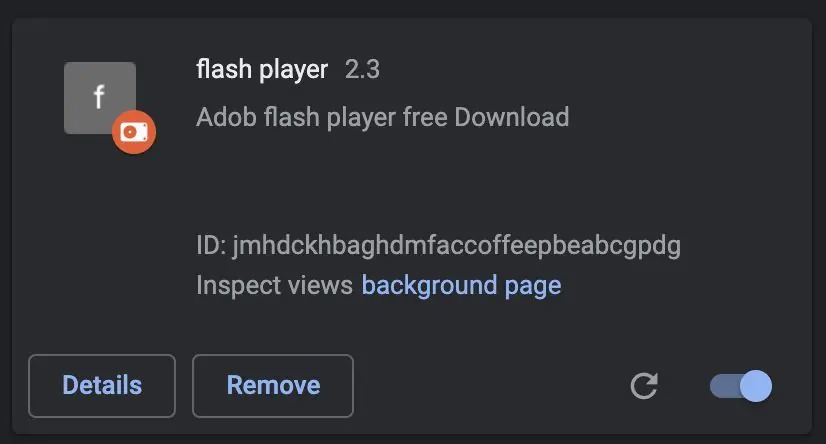This malicious Chrome extension can track your keystrokes, steal your credit card info — what we know
Watch out for the Cloud9 Chrome botnet!

Researchers at Zimperium zLabs discovered a malicious browser extension, dubbed Cloud9, that can steal users' private and sensitive information, and take complete control of the victim's device.
What makes Cloud9 particularly unnerving is that it steals data by tracking your keystrokes (i.e. keylogging). It spies on victims' web browser activity, which would delight any cybercriminal. After all, it's while you're browsing the web that you're more likely to input highly sought after credentials, including your bank passwords and other sensitive information.
What we know about Cloud9
Cloud9 is a botnet that has the modus operandi of a remote access trojan (RAT). Researchers came across two Cloud9 variants: the original one and a new-and-improved version. However, in the report, the investigators focused on the latter since it "contains the functionalities of both variants."
Cloud9 can do the following:
- Track your keystrokes (i.e., keylogging) to steal your bank passwords, credit card info and more
- Steal your copy-and-paste data (i.e., Clipboard)
- Steal your cookies to compromise user sessions
- Use your browser and computer resources to mine cryptocurrencies
- Take control of your device by executing malicious code
- Perform DDoS attacks from your PC
- Inject pop ups and ads

Although Cloud9 is a malicious browser plugin, the Zimperium zLabs team said that they didn't find it on any official browser extension store (e.g. Chrome Web Store). Instead, more often than not, researchers discovered Cloud9 masquerading as an Adobe Flash Player update on malicious websites.
Where does Cloud9 come from?
The investigators tracked the origin of Cloud9 to a malware group called Keksec. "This group is popular for its [...] mining-based malware and botnets," the Zimperium zLabs researchers said.
The Cloud9 botnet is currently being sold for free or for a few hundred dollars on various hacker forums. This malware doesn't target a specific group, the report warned. It's designed to target all users; the cybercriminals want to retrieve as much lucrative data as they can from all victims.
Sign up to receive The Snapshot, a free special dispatch from Laptop Mag, in your inbox.
Zimperium said that browsers are susceptible and vulnerable to Cloud9 because traditional endpoint security solutions are "not monitoring this vector of attack," but as long as you're not side-loading browser extensions and fraudulent executables from malicious websites, Cloud9 should remain a distant threat.
Kimberly Gedeon, holding a Master's degree in International Journalism, launched her career as a journalist for MadameNoire's business beat in 2013. She loved translating stuffy stories about the economy, personal finance and investing into digestible, easy-to-understand, entertaining stories for young women of color. During her time on the business beat, she discovered her passion for tech as she dove into articles about tech entrepreneurship, the Consumer Electronics Show (CES) and the latest tablets. After eight years of freelancing, dabbling in a myriad of beats, she's finally found a home at Laptop Mag that accepts her as the crypto-addicted, virtual reality-loving, investing-focused, tech-fascinated nerd she is. Woot!

